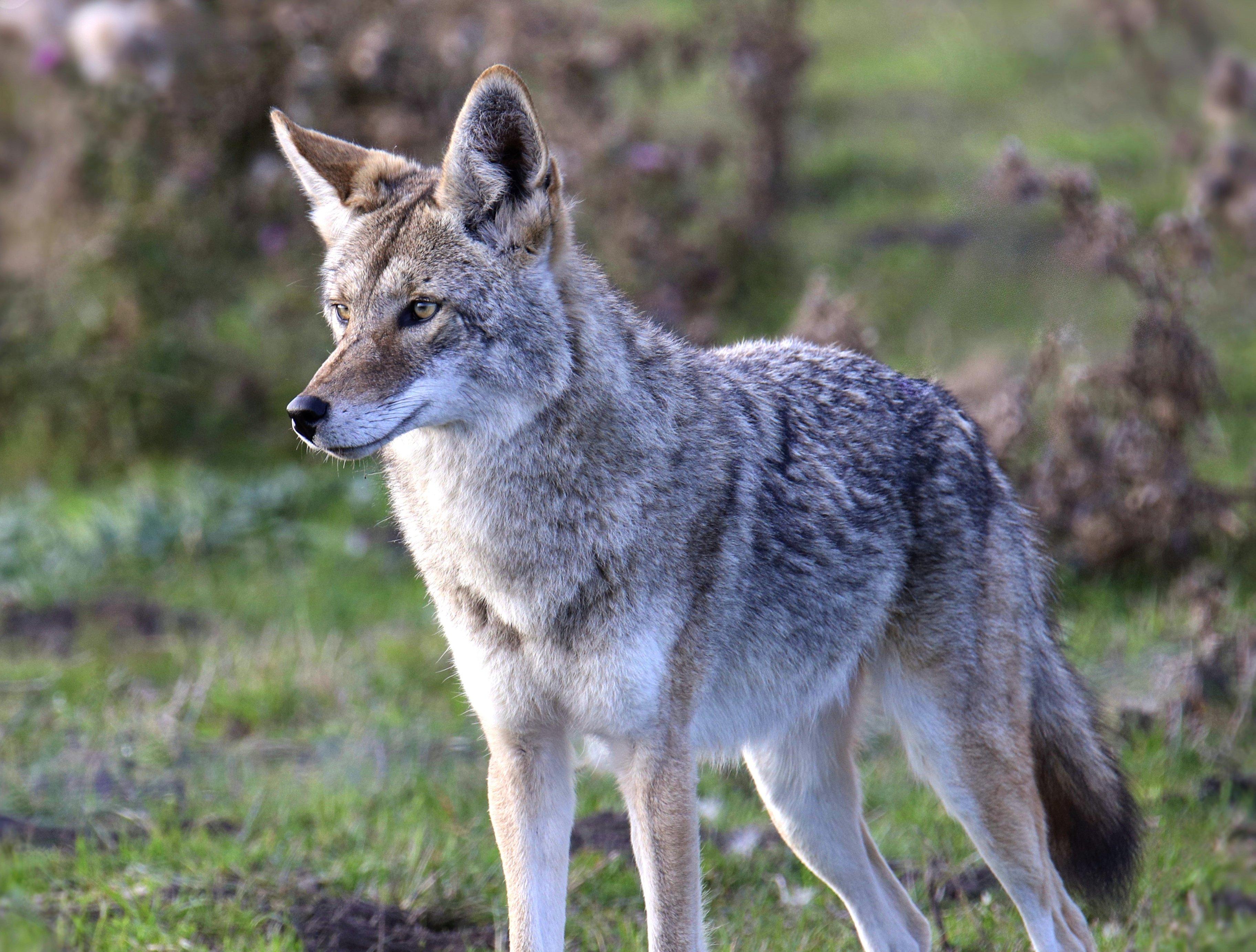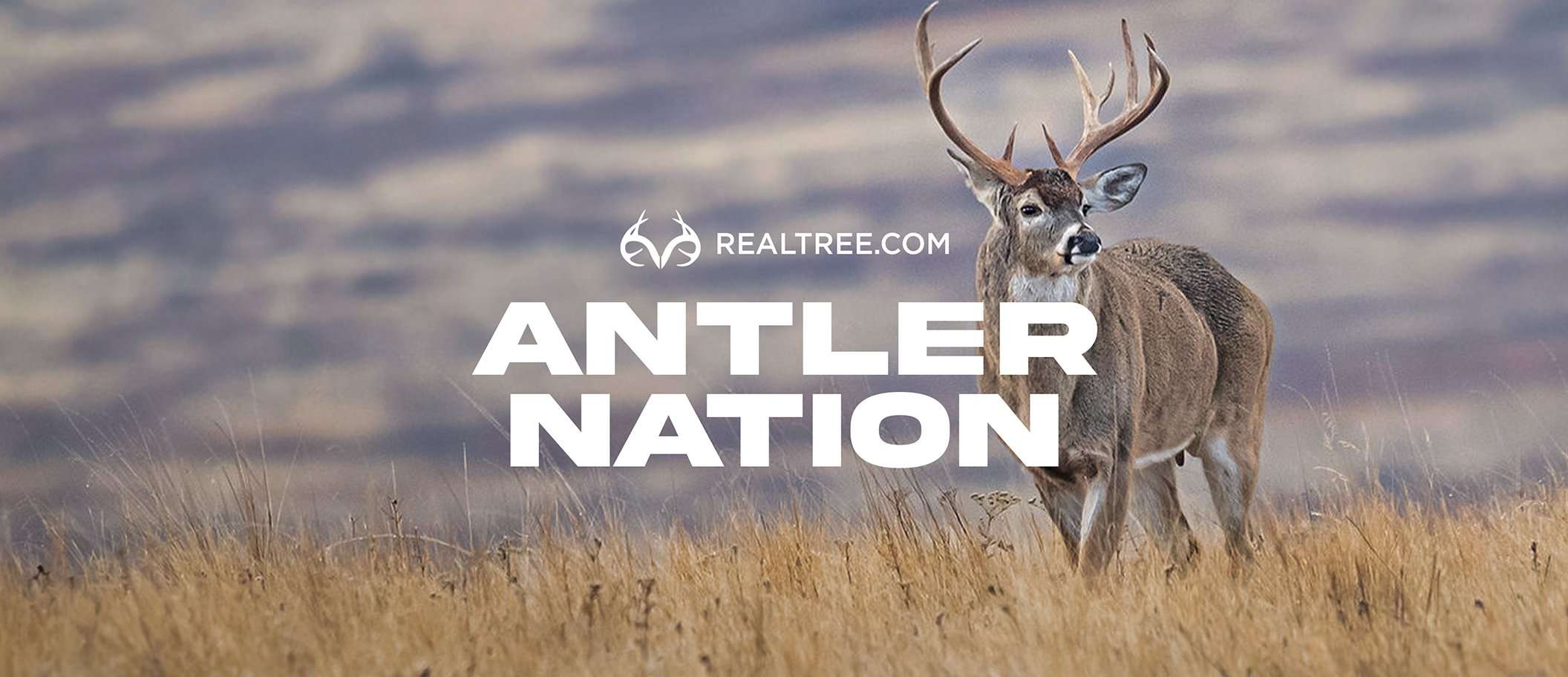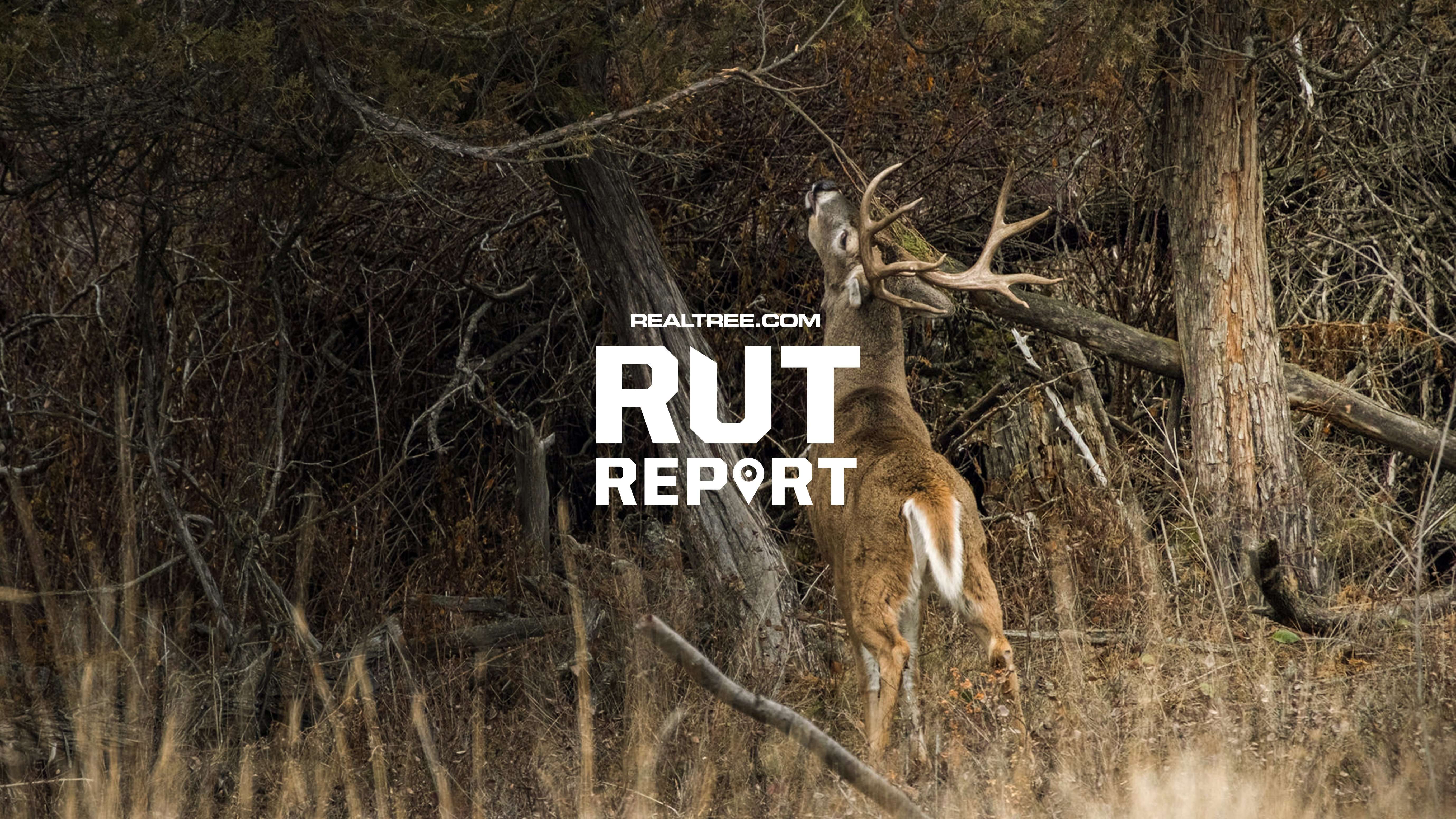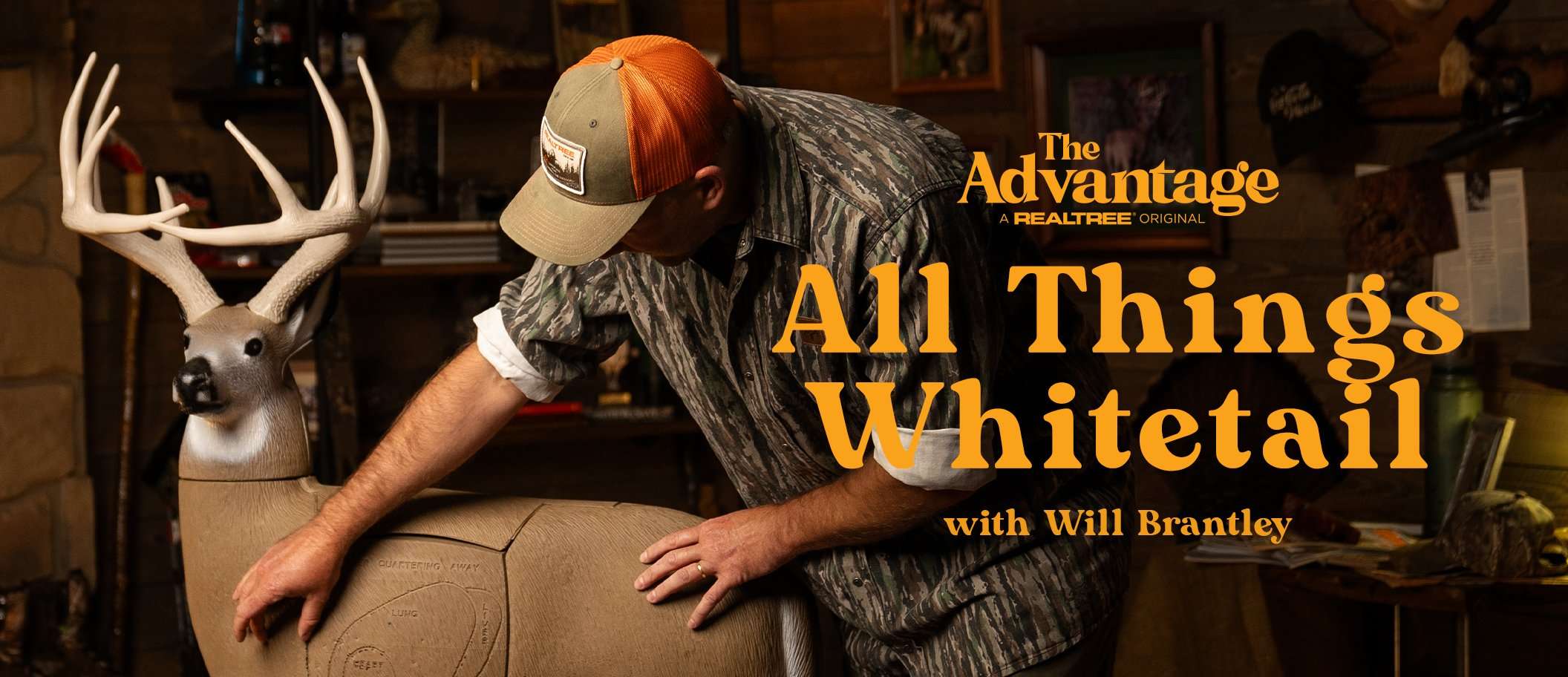A woman was walking her dog, named Bob, on a trail when the coyote attacked and then followed them for a half mile

An aggressive coyote followed a woman and her dog down an Oregon trail after attacking the dog. Photo by vagabond54
A coyote attacked an Oregon woman’s dog and then followed her and the dog down the trail.
According to Oregonlive.com, Rebekah Choltus was out for a hike on Wildwood Trail in Portland with her 3-year-old golden-doodle, Bob, when she heard the dog yelp in pain. She turned to see a coyote standing just feet away and Bob bleeding near his tail.
Choltus tried to scare the coyote away, but it began to trot toward them.
“I thought, ‘This is a new one. He’s coming toward us,’” said Choltus, 55. “I decided to walk backwards and keep eye contact with the coyote, to kind of give a message: ‘Don’t you come near us.’”
She said the coyote followed them for about half a mile as she walked slowly backward, keeping Bob close and her eyes on the wild canine. When they reached a bend in the trail, she told Bob, “Dude, we are gonna run.”
Don’t Miss: Man Strangles Attacking Coyote to Death
They ran until they reached the top of a hill and Choltus was sure they’d lost the coyote.
Choltus said she’s seen many coyotes during her walks and never had a problem, but the coyote’s aggressiveness scared her. She said Bob was on a tight leash close to her hip and that the 80-pound golden-doodle was twice the size of the coyote, though she noted the coyote was the biggest she’d ever seen.
Choltus rushed her dog to vet, where it received stitches for three different coyote bites between his hind legs. The vet told Choltus that the location of the bites indicated that the coyote may have been protecting a nearby den. Choltus said that she and Bob had walked out and back on the Wildwood Trail as opposed to their usual loop, which means they might have passed the den twice. Coyote experts say although a coyote biting a dog is rare, the trailing behavior called “escorting” isn’t unusual in spring and summer as coyotes protect their pups.












